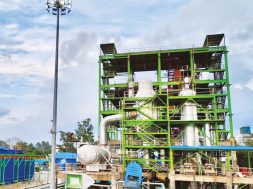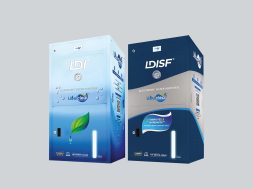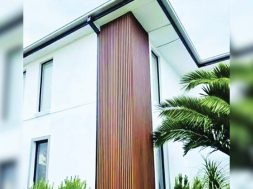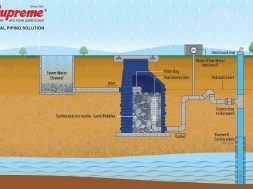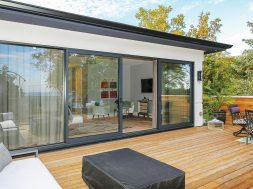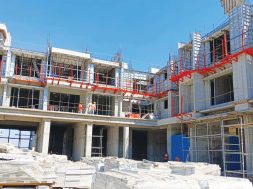Grasim Nagda water management triumphs with Veolia Water Technologies & Solutions
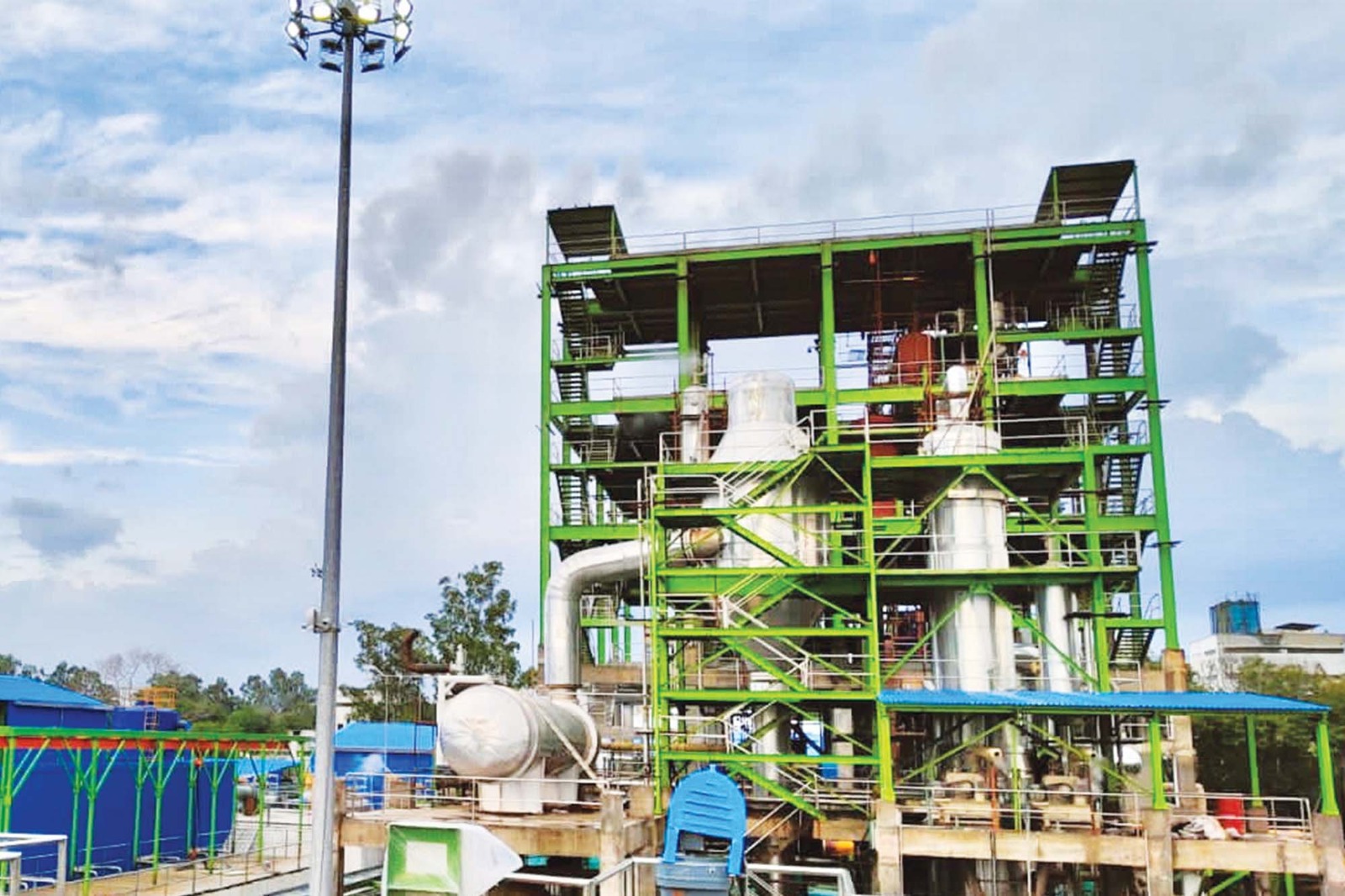
A groundbreaking collaboration between Veolia and Grasim Industries Limited has set a new
standard in industrial water management at the Grasim plant in Nagda, Central India. This
partnership has led to the successful implementation of a state-of-the-art Zero Liquid Discharge
(ZLD) system, showcasing a model for sustainable practices in the viscose staple fibre industry.
As global concerns about water table depletion and contamination escalate, a notable case of successful industrial water management collaboration has emerged from Grasim Industries Limited’s plant in Nagda, Central India. Grasim, a flagship company of the $65-billion Aditya Birla Group (ABG) and a leading global producer of viscose staple fibre (VSF), has implemented advanced technologies to revolutionise water management at its manufacturing unit. This initiative represents a significant step in sustainable industrial practices, led by a partnership with Veolia.
In 2019, Grasim recognised the urgent need to conserve water, reduce fresh water usage, and cut production costs. To achieve this, Grasim sought collaboration with top companies in the water industry, including the world’s foremost specialists in membrane technologies. The primary challenge was the absence of a Zero Liquid Discharge (ZLD) system capable of handling the complex viscose effluent treatment. After extensive research and global site visits, Grasim officials decided to adopt energy-efficient technologies to address these intricate challenges.
Veolia was selected as the partner to develop a state-of-the-art ZLD system. “We needed a reliable global technology supplier for our project. After thorough evaluation, we chose Veolia due to their expertise and proven track record with nearly 200 plants worldwide,” explains K. Suresh, Chief Operations Officer (COO) – Manufacturing (Fibre), Grasim Industries Ltd. The collaboration began in late 2018 and continued smoothly through 2019-2020 despite the COVID-19 pandemic, ultimately leading to the project’s successful operational launch in August 2021. Veolia’s role was crucial in crafting a ZLD system that met Grasim’s objectives. These included achieving ZLD compliance by treating various effluent streams, recycling treated water to reduce fresh water reliance, and providing comprehensive solutions encompassing effluent collection, membrane-based recycling, and crystallisation processes. Optimising recovery rates to minimise the need for evaporators and crystallisers, maintaining a consistent Total Dissolved Solids (TDS) level of less than 200 ppm in treated water, and developing an operationally efficient system with minimal manpower and a reduced physical footprint were key goals.
Veolia and Grasim innovated a series of solutions involving optimal brine treatment, Reverse Osmosis (RO), and evaporation processes. A notable installation was a patented clarifier, enhancing water treatment efficiency. Veolia introduced a high pH RO system, enabling the recycling of nearly 92 percent of water from the RO process alone. To tackle RO reject and achieve ZLD, Veolia implemented thermal solutions. An essential aspect was managing sodium sulphate, which, despite being environmentally benign, required careful handling. Veolia and Grasim devised a solution combining their expertise to optimise brine treatment, RO, and evaporation processes, extracting sodium sulphate for final processing, underscoring their commitment to sustainability.
The implementation of membrane-based technologies and the world’s first ZLD system for the viscose industry at Nagda is a pioneering solution for India’s water depletion and contamination issues. This project highlights the need for widespread application of such technologies across water-reliant industries and civic settings. India faces severe water stress, with almost 70 percent of surface water unfit for consumption due to unplanned urbanisation, inadequate water and wastewater treatment systems, and indiscriminate usage. Approximately 40 million liters of wastewater enter rivers and water bodies daily, with only a fraction properly managed. This situation has dire social and economic consequences, including agricultural revenue losses, reduced crop yields, widespread waterborne diseases, and fatalities. According to the World Bank, water pollution costs India up to $7.7 billion annually, impacting growth projections.
Gopal Madabhushi, Senior VP & Business Unit Leader India & South Asia at Veolia, emphasised the company’s mission to ensure water security: “With freshwater depleting rapidly, the success at Grasim’s Nagda plant sets a vital precedent for India and Veolia’s global water agenda. It demonstrates user confidence in our systems, which stand out due to our unique technologies and execution capabilities. Our goal is to penetrate more markets in the membranes sector and advance in the Zero Liquid Discharge market to maximize recycling and reduce surface water pollutants.”
For more details, visit: https://www.veolia.com/en
25
Cookie Consent
We use cookies to personalize your experience. By continuing to visit this website you agree to our Terms & Conditions, Privacy Policy and Cookie Policy.
